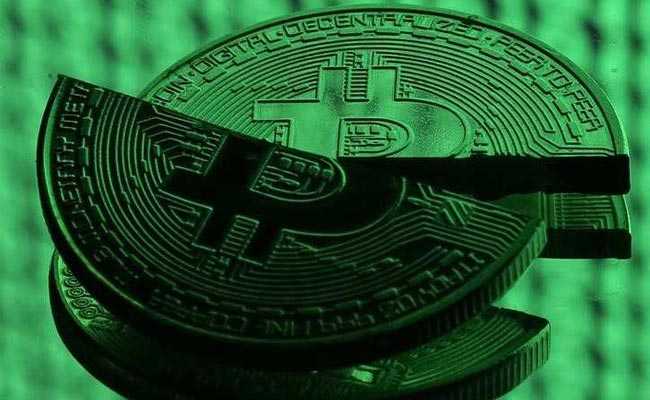
Cryptocurrency has become a global phenomenon, often referred as digital cash, cyber cash, digital money, digital or virtual currency, cryptocurrency is designed to make online transactions extremely secure using cryptography. Through cryptography, information is kept a secret by written or generated codes as it converts data into a format that is unreadable for an unauthorised user. This allows the data to be transmitted without anybody decoding it into a readable format. Simply put, cryptocurrency is digital money which is created from code.
5 Facts About Cryptocurrencies:
Cryptocurrencies have no physical presence and have decentralized control as oppose to physical money in central banking systems. While in normal banking systems, the governments control the supply of money by either printing the units or by demanding additions to digital banking ledgers, in the world of cryptocurrencies, the production of the digital currency is capped.
One of the key driving forces of cryptocurrency is its widespread usage across the globe as a viable payment option. The convenience it offers for online transactions is a huge bonus. It is widely being considered as a safe, decentralized digital asset that offers high security against the prevailing credit and debit card frauds.
There are now well over 1,000 cryptocurrencies, according to trade website Coinmarketcap. Popular cryptocurrencies are Bitcoin, Ethereum, Ripple, Litecoin, Monero, among others.Bitcoin, the most popular and first cryptocurrency, is exchanged via a public ledger using a technology called blockchain. Ripple, on the other hand was set up as an inter-bank payments and doubles as digital payment network as well.
One of the most potential risks of cryptocurrencies is their values are volatile and they can plummet as quickly as they shoot up.
The Indian government has made it clear that while it doesn't recognise cryptocurrencies like Bitcoin as "legal tender" like paper money, there are no guidelines on Bitcoin trading. Finance Minister Arun Jaitley said, "The government's position is clear, we don't recognize bitcoins as legal currency as of now." The Reserve Bank of India has also advised that any user, holder, investor or trader dealing with virtual currencies will be doing so at their own risk.

